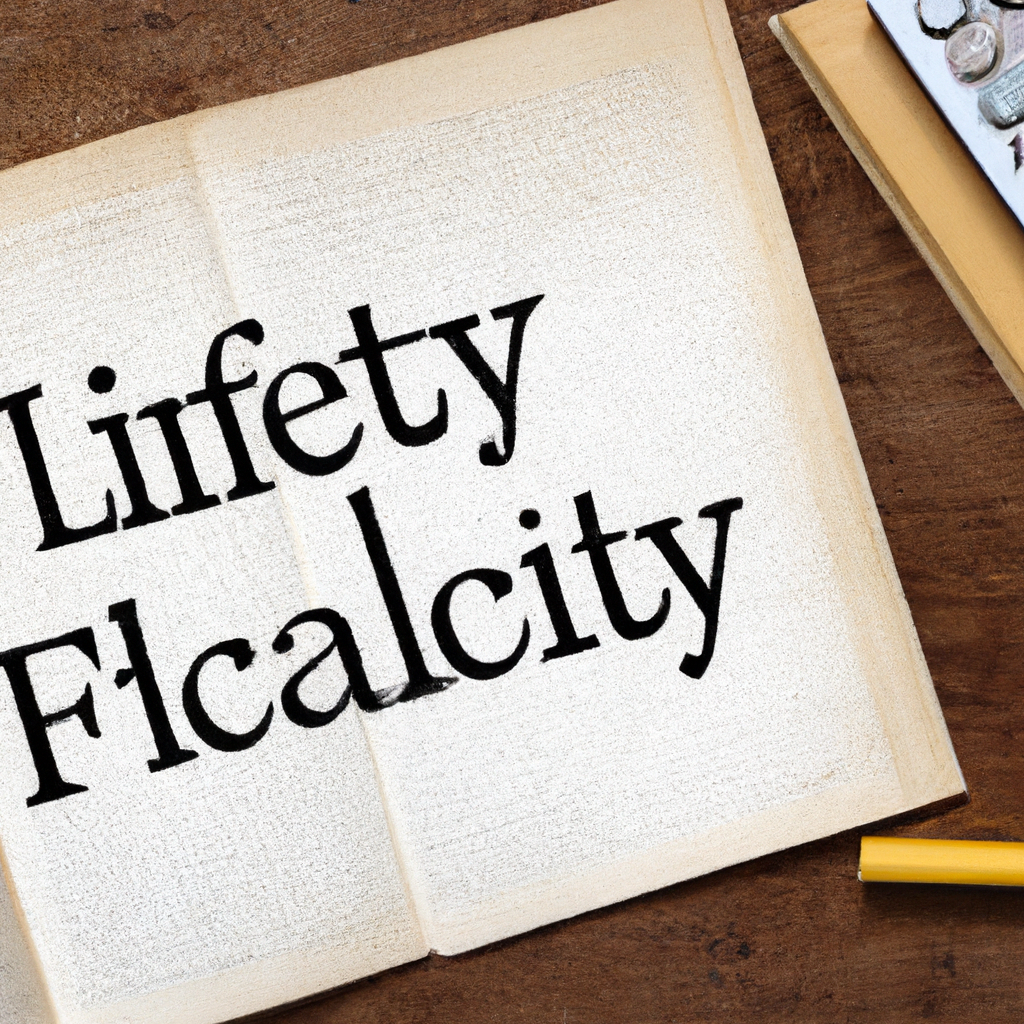
Understanding the Importance of Financial Literacy and Education
Financial literacy and education are crucial aspects of managing one’s personal finances effectively. Without a solid understanding of financial concepts and practices, individuals may struggle to make informed decisions about their money, leading to financial instability and hardship. In this article, we will explore the significance of financial literacy and education and how they can empower individuals to take control of their financial futures.
The Benefits of Financial Literacy and Education
1. Improved decision-making: When individuals are well-versed in financial matters, they are better equipped to make sound decisions about budgeting, saving, investing, and borrowing. This can help them avoid common pitfalls such as overspending, taking on too much debt, or making risky investments.
2. Increased financial security: By understanding how to effectively manage their money, individuals can build a solid financial foundation that can protect them in times of economic uncertainty or unforeseen expenses. This can lead to greater financial stability and peace of mind.
3. Better financial planning: Financial literacy and education can help individuals set realistic financial goals and create a plan to achieve them. Whether it’s saving for retirement, buying a home, or starting a business, having a solid understanding of financial principles can help individuals navigate the complexities of reaching their financial objectives.
How to Improve Financial Literacy and Education
1. Take advantage of resources: There are a plethora of resources available to help individuals improve their financial literacy, including books, online courses, workshops, and financial planning tools. Taking advantage of these resources can help individuals gain a better understanding of financial concepts and practices.
2. Seek guidance from financial professionals: Consulting with a financial advisor or planner can provide individuals with personalized guidance on how to manage their finances effectively. These professionals can offer insights and strategies tailored to individual financial goals and circumstances.
3. Practice good financial habits: Developing good financial habits, such as budgeting, saving regularly, and avoiding unnecessary debt, is essential for improving financial literacy and education. By practicing these habits consistently, individuals can build a strong financial foundation and set themselves up for long-term financial success.
Conclusion
Financial literacy and education play a crucial role in empowering individuals to make informed decisions about their money and secure their financial futures. By understanding the importance of financial literacy and education and taking steps to improve their financial knowledge and skills, individuals can take control of their finances and achieve their financial goals with confidence.






